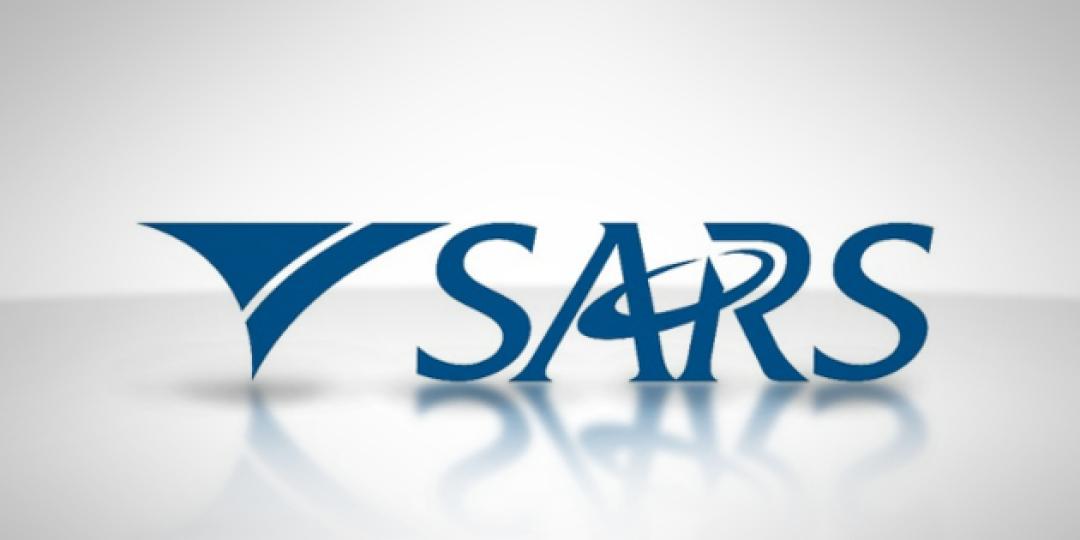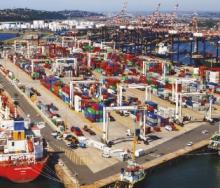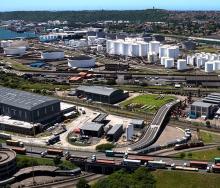The South African Revenue Service (Sars) announced in its preliminary tax revenue collection outcome last week that it had collected more than R1.5 trillion between April 2021 and March 2022, up 25% compared to the previous tax year.
This improvement also represented a 15% increase over the past year prior to the Covid pandemic. Over the same period, Sars paid out its highest amount in tax refunds since it was established 25 years ago.
The revenue authority also expanded the tax base, with 1.8 million new registrations over the past year.
President Cyril Ramaphosa highlighted Sars’ successes in his weekly newsletter on Monday.
“A competent tax revenue collection agency is at the heart of building a capable state. Tax revenue propels our nation’s development. The money collected by Sars finances service delivery and infrastructure. Through the R17.8 trillion that Sars has collected since its establishment in 1997, we have been able to build more social infrastructure like clinics, schools and hospitals, upgrade and build new roads, and support society’s most vulnerable through social grants and other measures,” Ramaphosa said.
“When tax revenue collection systems and their supporting legislation are efficient, uncomplicated and equitable, it incentivises greater compliance.”
Ramaphosa added that restoring stability and credibility to Sars had been among his foremost priorities when he was elected in 2018.
“Like a number of other key institutions, Sars had suffered from the ill-effects of state capture, with political meddling, mismanagement and other factors seriously affecting its efficiency. This had the direct consequence of not only undermining taxpayer morality, but also loss of business confidence in the organisation.”
Ramaphosa appointed a commission of inquiry into tax administration and governance at Sars chaired by retired Justice Robert Nugent. The commission delivered its final report by the end of the same year.
“Four years later, Sars has implemented nearly all of the 16 recommendations and 27 sub-recommendations to restore stability to the organisation. Sars has driven a focused turnaround strategy to position itself at the forefront of efficiency and service excellence. It has a concerted programme to promote tax morality and compliance.”
He said current high commodity prices, resulting in increased corporate income tax revenues, had contributed to the latest revenue collection windfall.
“What has also played a role are the steps Sars has taken to improve its information technology and other infrastructure, modernise customs, recruit skilled staff, and combat tax avoidance and criminal activity.”
One of the recommendations of the Nugent Commission was that Sars re-establish capacity to monitor and investigate illicit trades. The Illicit Economy Unit that was reconstituted in 2018 has notched up a number of successes in combating illicit economy trades, including through a focus on customs non-compliance.
“Tax collection from JSE listed companies, multinationals and high net worth individuals is now more effectively managed through its Large Business Unit, which was relaunched in 2020,” he said.
There has also been improved compliance in personal income tax, corporate income tax and Pay as You Earn.
“Sars is taking the wind out of the sails of tax dodgers, beneficiaries of the proceeds of crime, and those involved in corrupt activities. It is well established that ‘the taxman’ is one of the most efficient tools to combat corruption. In cases where an individual’s lifestyle does not match what they declare, Sars has been conducting lifestyle audits. In the last year, Sars has completed lifestyle audits that resulted in the collection of a further R474 million,” Ramaphosa said.
“When state institutions are well run and efficient, when they demonstrate credibility and fairness in their operations, this contributes to increasing levels of trust in government. Business and investor confidence also improves, encouraging greater investment and economic growth.”













